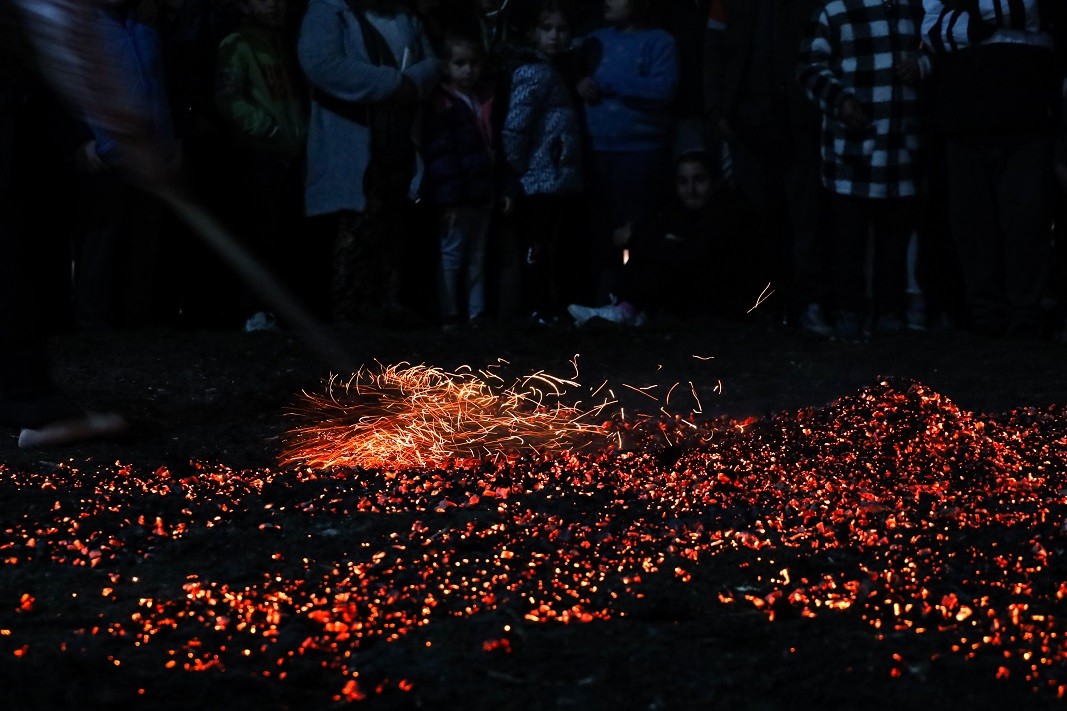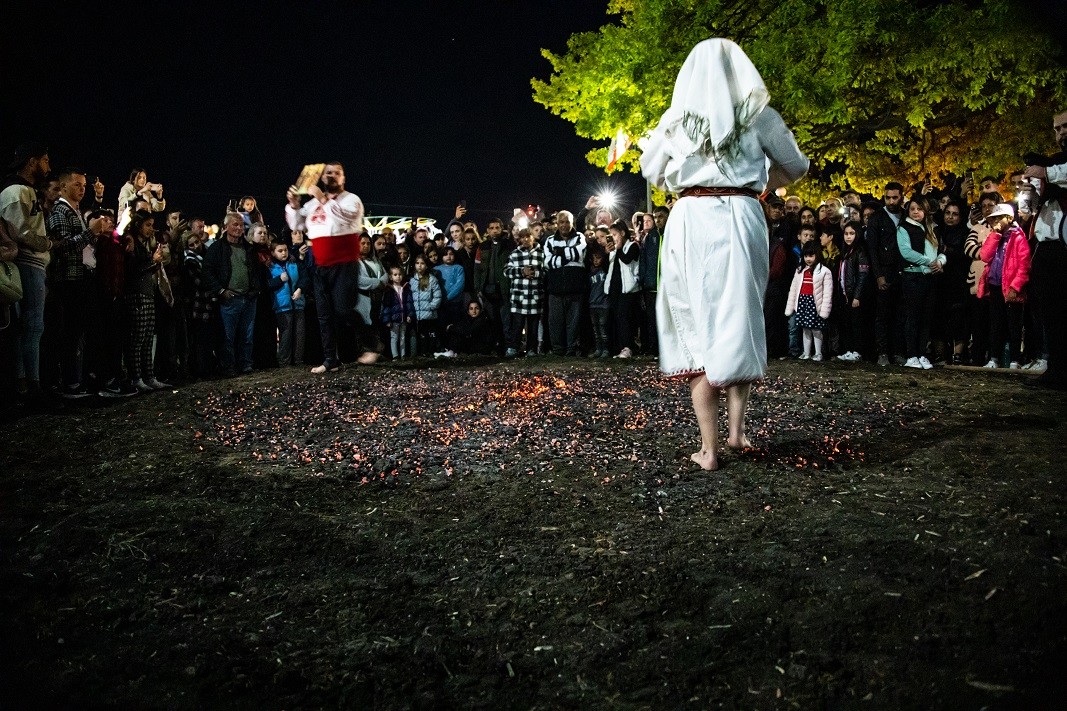Roman emperor Constantine the Great (AD 306 to 337) introduced the Christian religion as official in the Byzantine Empire. His mother, Helena, discovered the cross on which the Savior was crucified and built several monasteries in the Holy Land. The discovery of the Cross is considered the most important event in the history of Christendom, and Emperor Constantine and his mother Helena were canonized as saints.
In Bulgarian folk customs, the feast intertwines the traditions of Christianity with pagan traditions of dancing on live coals - the Nestinari dance. It is preserved to this day in some areas, in its original form. In many places it is also performed as a show for tourists.


A guidebook to the major Christian pilgrimage routes in the country was presented during the first national conference dedicated to pilgrimage tourism in Bulgaria, attended by Minister of Tourism Miroslav Borshosh, Metropolitan Anthony of Western and..
An album showcasing traditional folk costumes from the seven regions of the Wallachia area in Romania was presented at the Giurgiu County Museum. The catalogue, titled Ethnographic Collection of the “Teohari Antonescu” Museum in Giurgiu – Folk..
A gold coin minted during the reign of Emperor Justinian I, ruler of the Eastern Roman Empire, was discovered during excavations at the Tuida Fortress near Sliven. According to Associate Professor Dr. Nikolay Sirakov, Director of the Regional History..

+359 2 9336 661
